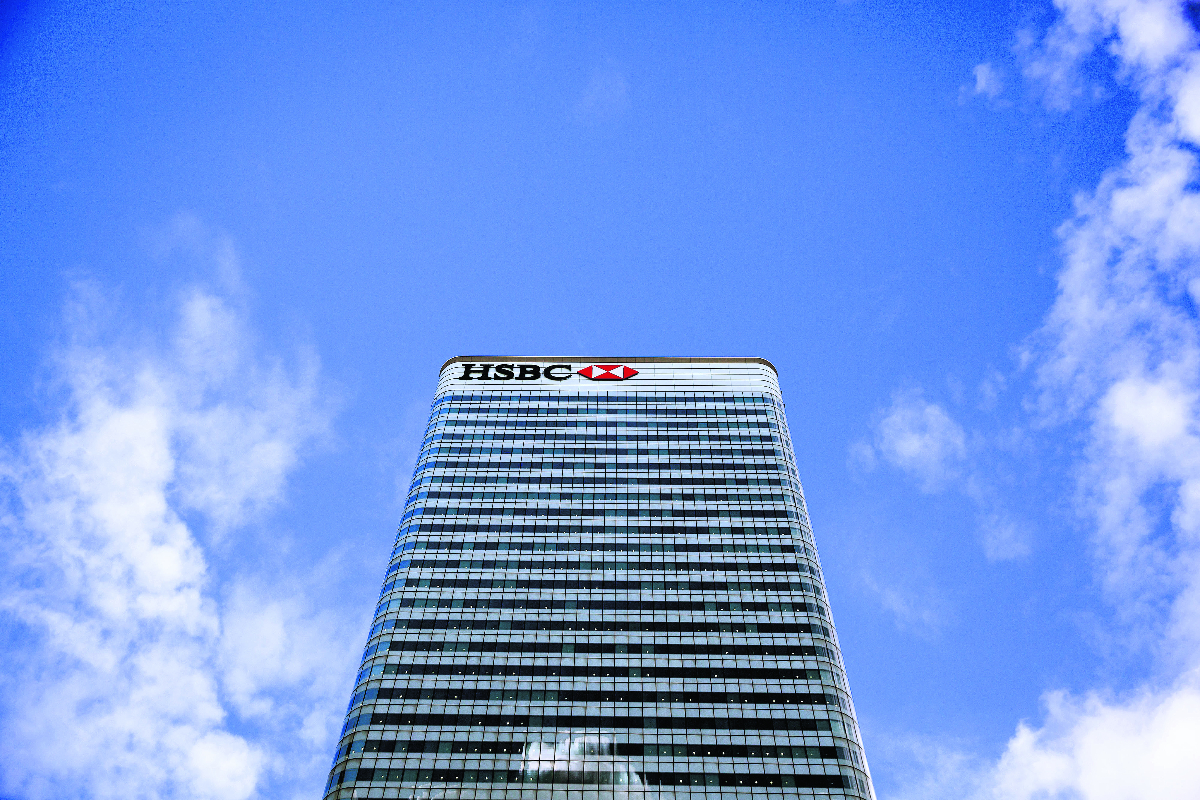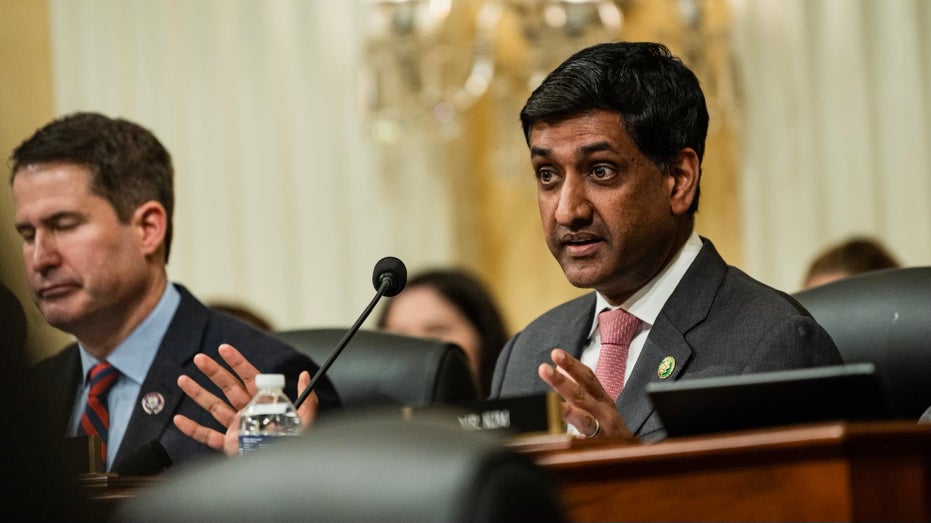HSBC scraps bonus cap for hundreds of top UK bankers after tense annual meeting
HSBC shareholders have waved through the lender's proposal to remove an EU-imposed bonus cap, paving the way for it to hand bigger payouts to hundreds of top UK bankers, after a tense annual meeting dominated by questions over its pension policy and green finance.


HSBC shareholders have waved through the lender’s proposal to remove an EU-imposed bonus cap, paving the way for it to hand bigger payouts to hundreds of top UK bankers, after a tense annual meeting dominated by questions over its pension policy and green finance.
A resolution to replace the existing cap in its corporate rulebook limiting UK-based workers’ bonuses to twice a banker’s base salary received 99 per cent approval at HSBC’s meeting on Friday.
The Asia-focused bank’s remuneration committee is now able to set an “appropriate cap where regulations allow”.
The news comes six months after UK financial regulators announced they would remove the requirement for banks to cap variable pay at 100 per cent of base salary for so-called “material risk-takers”, or up to 200 per cent with shareholder approval.
The cap was introduced in 2014 by the EU as part of efforts to limit excessive risk-taking following the financial crisis.
HSBC argued that scrapping the cap, which still applies to its EU-based bankers, would “be particularly important in markets outside the EU where we compete with other international banks who do not have to comply with a cap on variable pay”.
It added that the move would allow it to lower the cost of fixed pay and recoup more money in cases of misconduct.
The group paid 512 of its bankers more than €1m (£860k) last year, with 18 earning more than €5m (£4.3m). Chief executive Noel Quinn, who announced his retirement earlier this week, saw his pay nearly double to £10.6m last year as the bank reported a record annual profit on the back of global interest rate hikes.
HSBC’s Big Four British rivals are also taking their first steps towards awarding bigger bonuses, with Lloyds seeking approval for a similar resolution to HSBC at its AGM on 16 May, although it has noted that the cap did not impact many of its employees.
Natwest has increased its limit from one to two times an individual’s base salary. Barclays kept its 2:1 ratio for 2023 but is seeking shareholder approval to change the limit in future if its remuneration committee considers it appropriate.
International lenders are also reviewing their policies. Wall Street giant Goldman Sachs confirmed on Thursday that it was removing the bonus limit for senior bankers at its 6,000-strong London office in a move that will allow top performers to earn up to 25 times their annual salary.
Hiking pay to attract and retain top talent in London has been a key focus of this year’s AGM season, with the vast majority of investors backing bigger salaries for FTSE bosses.
All of HSBC’s recommendations were passed at its AGM on Friday, including 96 per cent opposition to a resolution tabled by the Midland Clawback Campaign calling for the removal of a feature on its pension scheme that reduces benefits for ex-staff when they reach state pension age.
The board was loudly heckled by angry pensioners opposing the bonus cap proposal and slamming the bank for not telling former employees of Midland Bank, which HSBC bought in 1992, of the feature while they worked there.
Quinn, who started his career at Midland in 1987, said he was “well aware” of the practice during his time there.
Chair Mark Tucker said that based on “comprehensive legal reviews” and research over a number of years, the clawback practice “is not discriminatory and it was properly communicated to scheme members”.
The AGM was also marked by questions over green finance, including a spokesperson for a group of investors saying some aspects of the bank’s climate strategy “lack specificity” and “fail to align with leading practice”.
Tucker said: “We have a clear and transparent set of policies around project financing, and we remain committed to becoming net zero in our finance emissions by 2050.”



